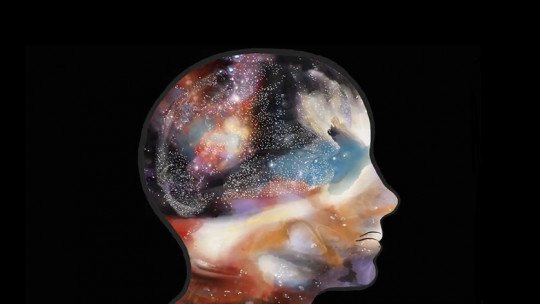

If this condition continues to persevere, a psychological management can be a big support in educating the patient on the coping abilities to muddle through them. In some cases, long standing hallucinations due to schizophrenia or other mental disorder may be managed using medications.

This form of erroneous beliefs is classified into gustatory, auditory, olfactory, tactile or somatic, visual, and mood associated hallucinations. There are different types of hallucinations. These delusions are classified into six categories, such as grandiosity, jealousy, persecutory, mixed, erotomanic, or somatic. A person who has this disorder suffers from long standing, multifarious delusions. Delusions are also part of delusional conditions. It includes schizophrenia, major depressive disorders, shared psychosis, bipolar disorders and schizoaffective disorders. On the other hand, a delusion is a usual manifestation of numerous personality and mood related mental disorders. These insights might emerge in a variety of sounds, voices, tactile sensations, tastes, smells, and visions. Therefore, a hallucination occurs at conscious periods. These perceptions come from the internal, recollection-based insights to fall through. Hallucinations happen when physical, emotional and environmental factors like medications, stress, mental illness, or severe fatigue cause the process inside the brain to indentify mindful perceptions. These beliefs are not commonly accepted by other people especially if it is against their culture and norms. These suppositions are decisively maintained in spite of hearing everbody’s beliefs and an obvious evidence of the complete contrary of what he thinks is real. Delusions are false beliefs derived from an erroneous supposition about exterior reality. These insights are sensory thoughts produced by a person’s mind to a certain extent than using any external object to serve as stimuli. They are classified as positive symptoms of this condition.Ī hallucination is a distorted or false sensory deficit that may emerge to be truthful insights. These characteristics are commonly seen on schizophrenic people. The person’s coping mechanism will be the driving force for that person to prevent it from occurring. Stress, depression and anxiety may trigger hallucinations and delusions to come about. They might acquire them by themselves or through the aid of microorganisms. It’s important to seek help as soon as possible.Some people that exist in this world may have certain types of disorders. Psychosis and schizophrenia are treatable. So while psychosis can be a part of schizophrenia, it can be caused by many other things too. Psychosis may also be caused by a brain injury, neurological problem, or other health problem. People who are using or withdrawing from certain drugs or medications may experience psychosis. Psychosis may come up during times of extreme stress, a major lack of sleep, or trauma. In some cases, other mental illnesses cause psychosis, including depression, bipolar disorder, dementia and borderline personality disorder. And it isn’t the only cause of psychosis. Schizophrenia is a mental illness that causes psychosis, but schizophrenia also has other symptoms.

Psychosis can even affect the way people move or express their emotions. Some people have a hard time following conversations or speaking clearly. Other symptoms of psychosis include difficulties concentrating, completing tasks, or making decisions. Common delusions include the belief that someone is following or monitoring you, or the belief that you have extraordinary powers or abilities. Delusions are strong beliefs that can’t possibly be true. Hearing voices is a common hallucination, but hallucinations can be experiences with any sense-hearing, sight, smell, taste, or touch. Hallucinations are sensations that are not real, such as hearing voices or sounds that aren’t real.

Major symptoms of psychosis are hallucinations and delusions. Someone experiencing an episode of psychosis is having a ‘break’ with reality. Psychosis is a syndrome or group of symptoms. Author: Canadian Mental Health Association, BC Division


 0 kommentar(er)
0 kommentar(er)
